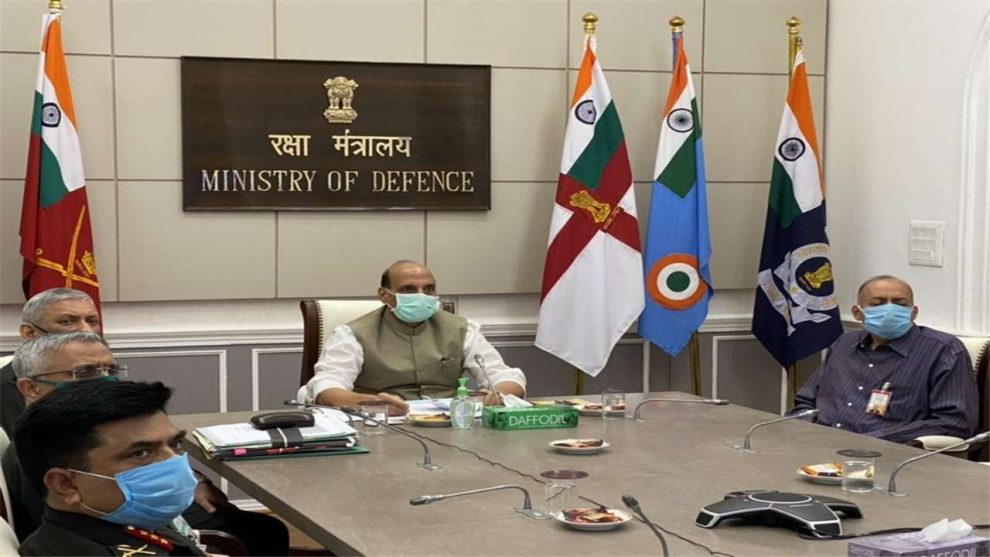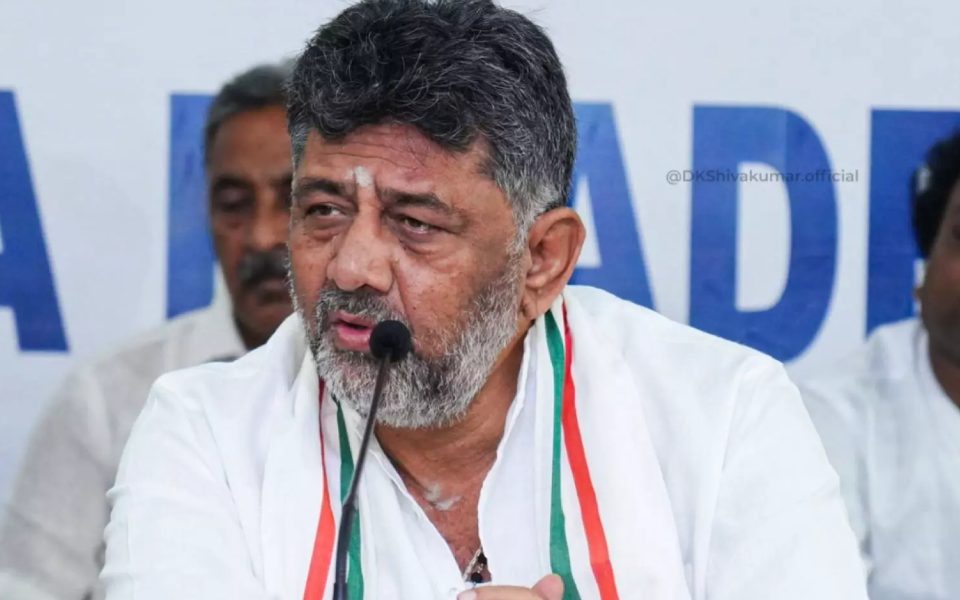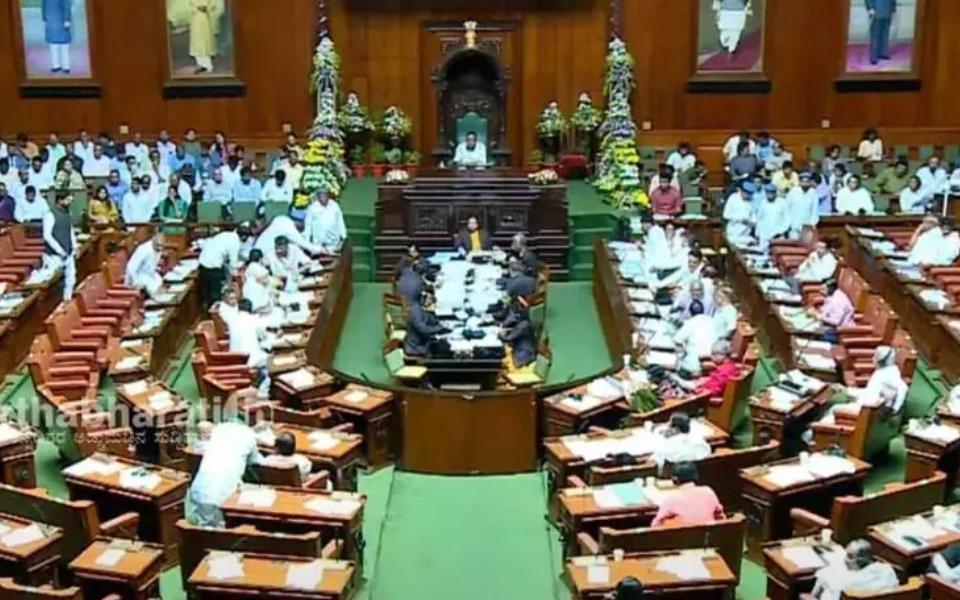New Delhi, Mar 24: The Defence Ministry on Thursday announced a fresh list of 107 sub-systems and components that will not be allowed to import under a staggered timeline of six years beginning December with a primary aim to promote indigenisation.
The list comprises components required in the production of helicopters, submarines, warships, tanks, missiles, radars and communication systems many of which are currently procured from Russia.
Last December, the defence ministry released a list of 2851 sub-systems and components which will come under import embargo under a specific timeline.
Some of the components and sub-systems identified for import embargo in the fresh list are used for construction of indigenously developed Advanced Light Helicopter (ALH), Light Combat Helicopter (LCH), Light Utility Helicopter (LUH), electronic warfare system, Astra missile, T-90 tanks and infantry combat vehicles.
The list released by the Defence Ministry comprised 22 items that will be taken up for indigenisation by the state-run aerospace major Hindustan Aeronautics Ltd (HAL) while Bharat Electronics Ltd will indigenise 21 sub-systems.
The Mazagon Dock Shipbuilders will take up indigenisation of six components and subsystems used for construction of ships and submarines, Bharat Dynamics Ltd has been entrusted with indigenisation of four items for Astra missiles, while BEML Ltd got 12.
Other defence public sector undertakings (DPSU) being involved in the process are Garden Reach Shipbuilders and Engineers, Goa Shipyard Ltd, Hindustan Shipyard Ltd, Armoured Vehicles Nigam Ltd and Munitions India Limited (MIL).
"In continuous pursuit of self-reliance in defence manufacturing and to minimise imports by DPSUs under 'Aatmanirbhar Bharat', Ministry of Defence has approved another list of 107 strategically important Line replacement Units (LRUs)/sub-systems with a timeline beyond which there will be an embargo on their import," the ministry said.
It said the identified items will be indigenised and will only be procured from Indian industry after the timelines indicated against each of them in the list.
The ministry said the indigenisation of these items will be taken up by the DPSUs under the 'Make' category.
The 'Make' category aims to achieve self-reliance by involving greater participation of the Indian industry.
The DPSUs will offer these identified LRUs/Sub-systems for industry-led design and development.
"This will be a great opportunity for the Indian industry to get integrated in the supply chains of manufacturing major defence platforms, the defence ministry said in a statement.
It said the indigenous development of these LRUs/Sub-systems projects will bolster the economy and reduce the import dependence of DPSUs. "In addition, it will help harness the design capabilities of the domestic defence industry and position India as a design leader in these technologies," the ministry said.
"This list is in continuation to the positive indigenisation list of 2,851 sub-systems/assemblies/sub-assemblies/components which had been earlier notified by Department of Defence Production, Ministry of Defence on December 27, 2021," it said.
Let the Truth be known. If you read VB and like VB, please be a VB Supporter and Help us deliver the Truth to one and all.
Bengaluru, Mar 10 (PTI): Karnataka Deputy Chief Minister D K Shivbakumar on Monday rejected reports that claim two ministers have links to the gold smuggling case involving Kannada actress Ranya Rao and termed the reportsa as "political gossips".
He also said that the state government has nothing to do with the case as central agencies are investigating it.
The deputy CM also said, "No minister is involved, we don't know anything. It is all political gossip. Investigating officers will investigate in accordance with the law. We have nothing to do with it," Shivakumar said.
Speaking to reporters here, he said, "The central government is investigating, let them do it."
Ranya Rao, 34, was arrested by the Directorate of Revenue Intelligence (DRI) on March 3 upon her arrival at Bengaluru's Kempegowda International Airport from Dubai, and gold bars worth Rs 12.56 crore were seized from her.
The next day, the DRI said it seized gold jewellery worth Rs 2.06 crore and cash amounting to Rs 2.67 from her residence in Bengaluru.
Ranya is the stepdaughter of K Ramachandra Rao, a DGP-ranked police officer presently serving as Chairman and Managing Director of the Karnataka State Police Housing and Infrastructure Development Corporation Ltd.
The Central Bureau of Investigation (CBI) has registered an FIR in this case.





